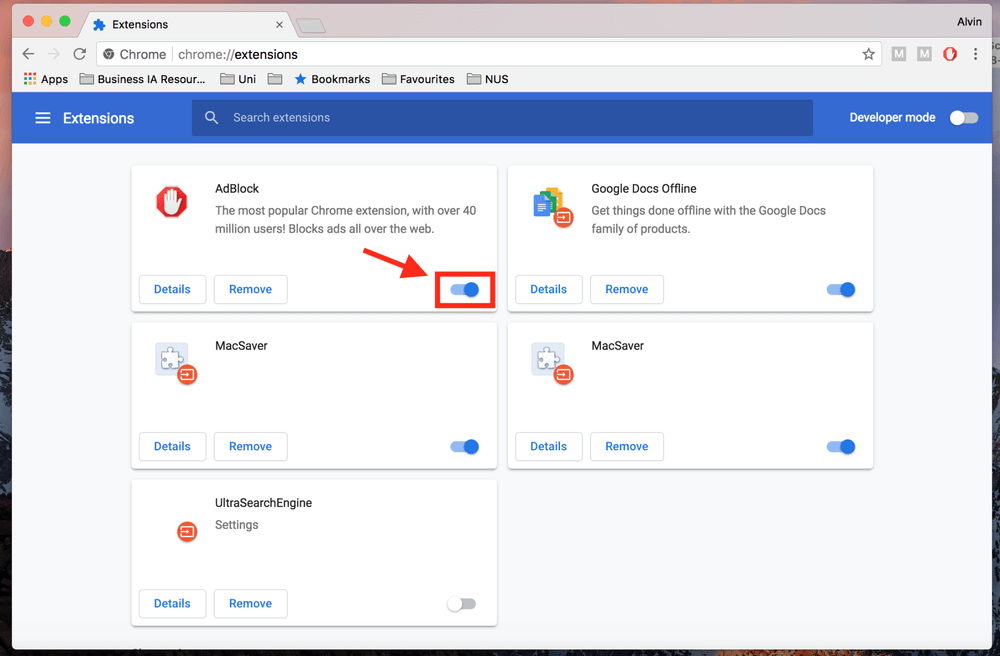


In simpler terms, DNSCloak verifies that there is no tampering with the responses to and from servers that you connect to.
#Ad blocker for google chrome free
It's a completely free app that offers the ability to thwart DNS spoofing. I was quite lucky to stumble across DNSCloak. It's risk-free compared to DNSCloak, which may have unknown security concerns that I'll mention while we move along. Regardless, I'm not going to forego changing Wi-Fi DNS servers manually. And to my pleasant surprise, it features a built-in AdGuard DNS server profile that you can use to get rid of ads on both Wi-Fi and cellular completely. Looked around even more for an alternative, and stumbled upon an app called DNSCloak that supposedly secures you from DNS spoofing. To circumvent the limitation, I tried using a paid app that claimed to override default DNS settings for cellular data.

IOS only lets you configure DNS servers for Wi-Fi connections So then, what about blocking ads while surfing on cellular data? And even then, you need to do that manually for every Wi-Fi connection that you join - although not repeatedly when rejoining the same hotspot. There’s another problem - iOS only lets you configure DNS servers for Wi-Fi connections. So, don’t be surprised to find out certain apps - such as free-to-play games - failing to work properly due to their inability to serve ads, in which case you have to consider resetting the DNS servers. Setting up AdGuard DNS servers on your iPhone or iPad blocks ads not just on Chrome, but on every other app as well - consider it as something akin to a system-wide adblocker. Just apply the AdGuard DNS to your internet connection, and you end up filtering IP addresses and trackers related to major ad serving platformsīut there’s a catch. Pretty cool, huh? And if you were wondering, AdGuard is very open to you using their DNS servers, so it’s not as if you are doing anything wrong. It requires nothing overly technical - set up the AdGuard DNS with your internet connection, and you end up filtering IP addresses and trackers related to major ad serving platforms. My workaround involves using the domain name system (DNS) servers of a popular ad blocking service called AdGuard. Crawled through various forums looking for workarounds, and to my surprise - I found a way! What you are going to learn isn’t the most convenient of ways to block ads, but let me share it with you so that you can decide for yourself. Of course, there aren’t any (who am I kidding?). I browsed the App Store for Chrome-supported ad blockers. Just the other day, I had enough of switching browsers. Too often, I’ve had to fall back to Safari for those ad-ridden sites that won’t allow a normal experience without an ad blocker. But Chrome's complete inability to block ads does get on my nerves all the time. Google’s browser is pretty good performance-wise, syncs my personal information seamlessly, and features an interface that’s both fun and easy to use. It’s been a while that I’ve moved from Safari to Chrome on iOS.


 0 kommentar(er)
0 kommentar(er)
